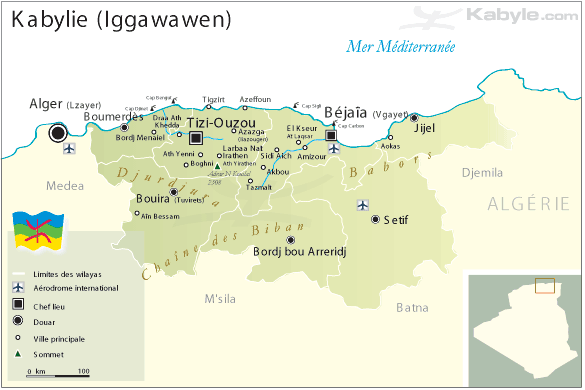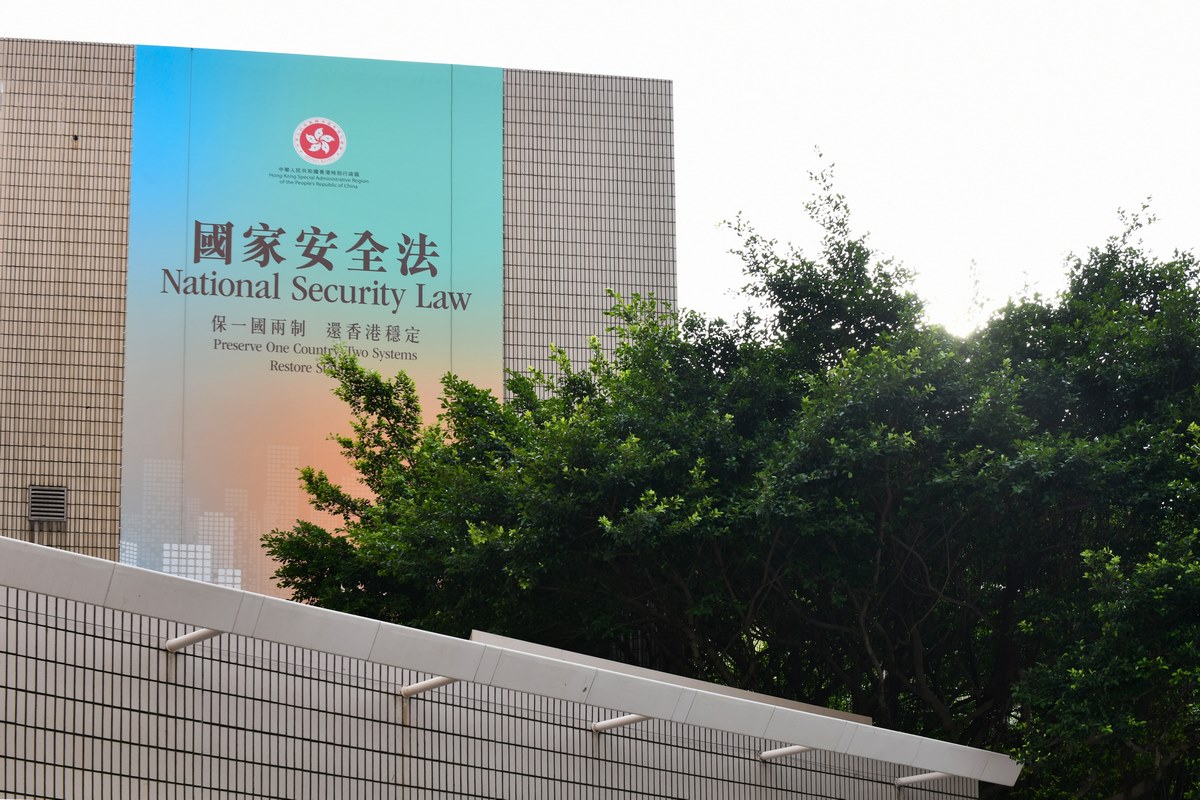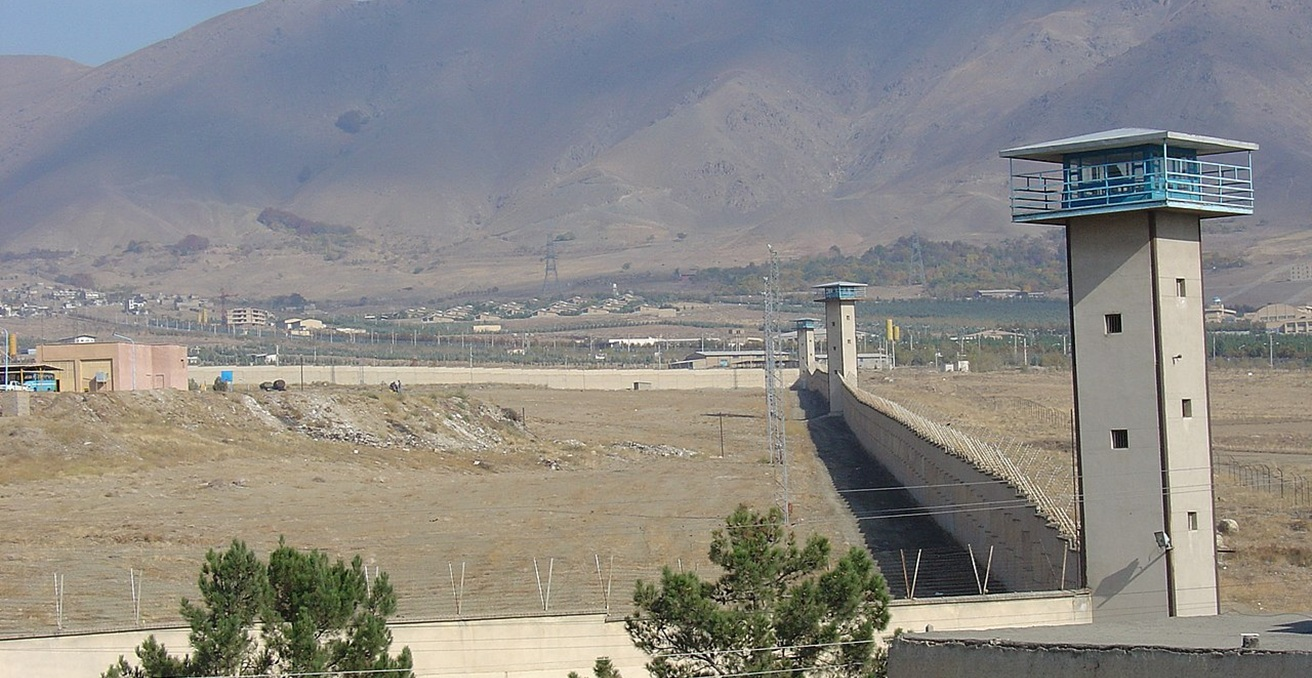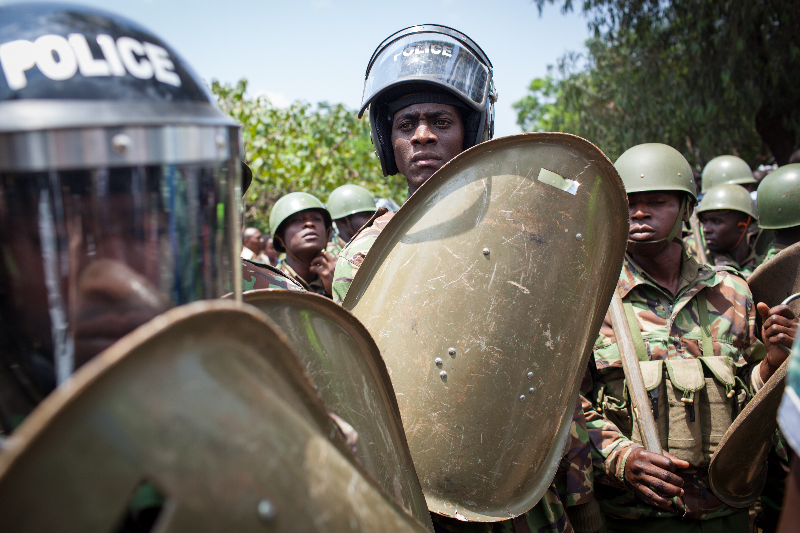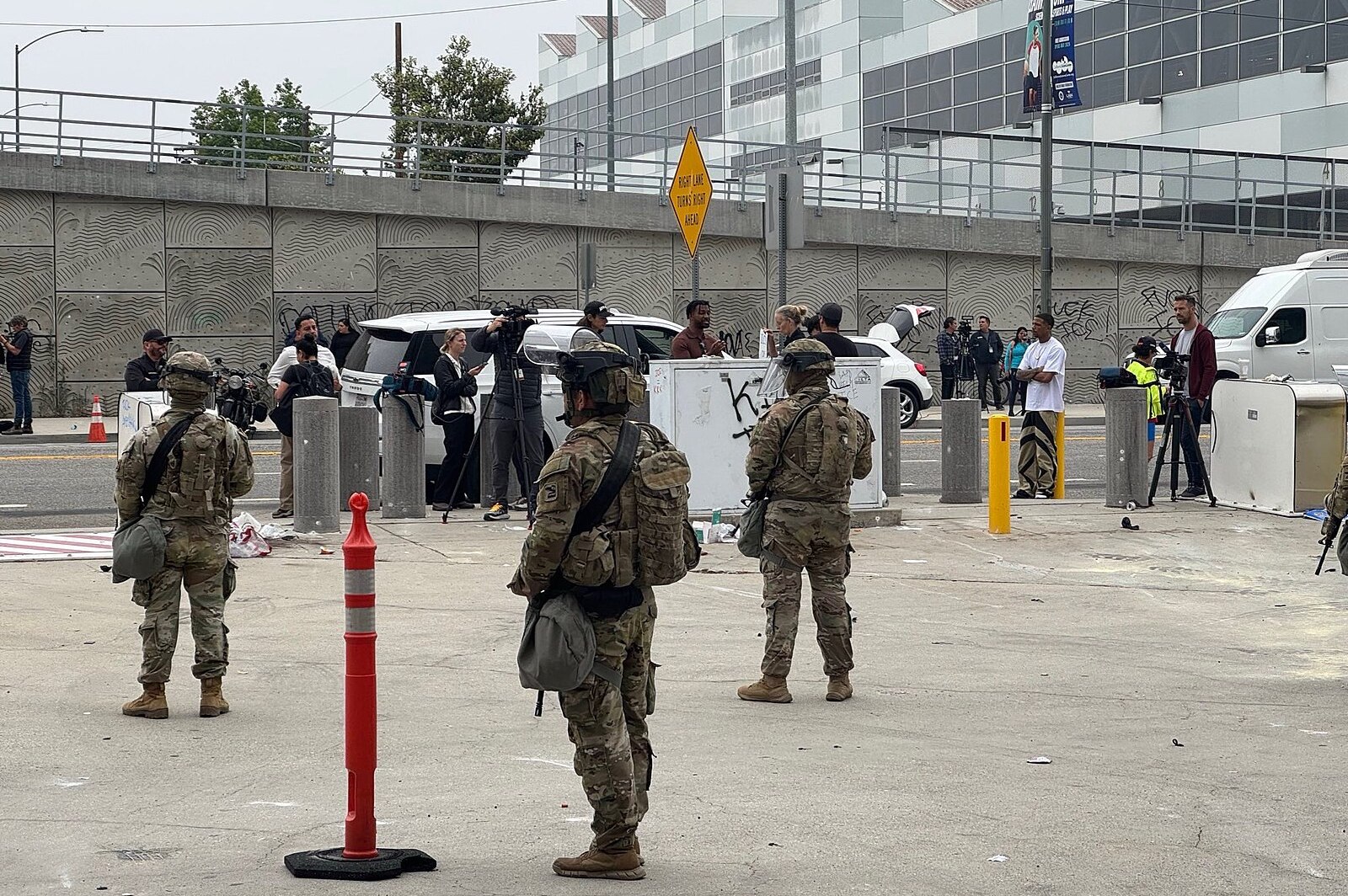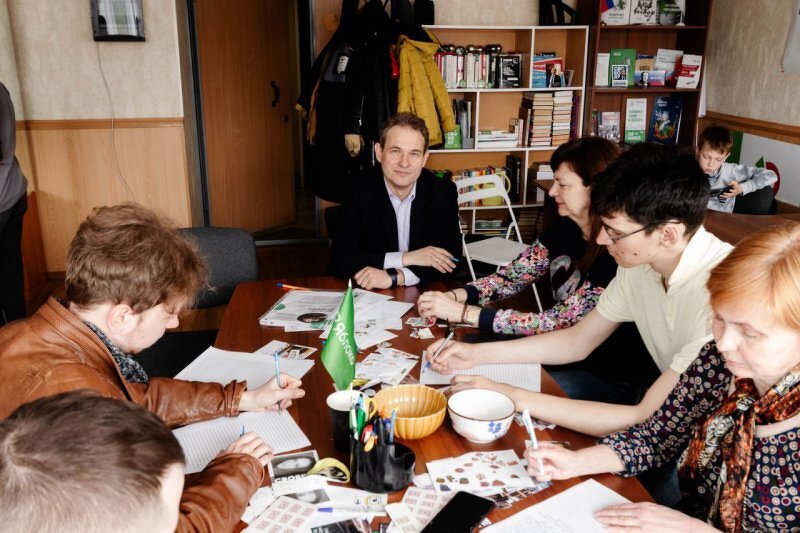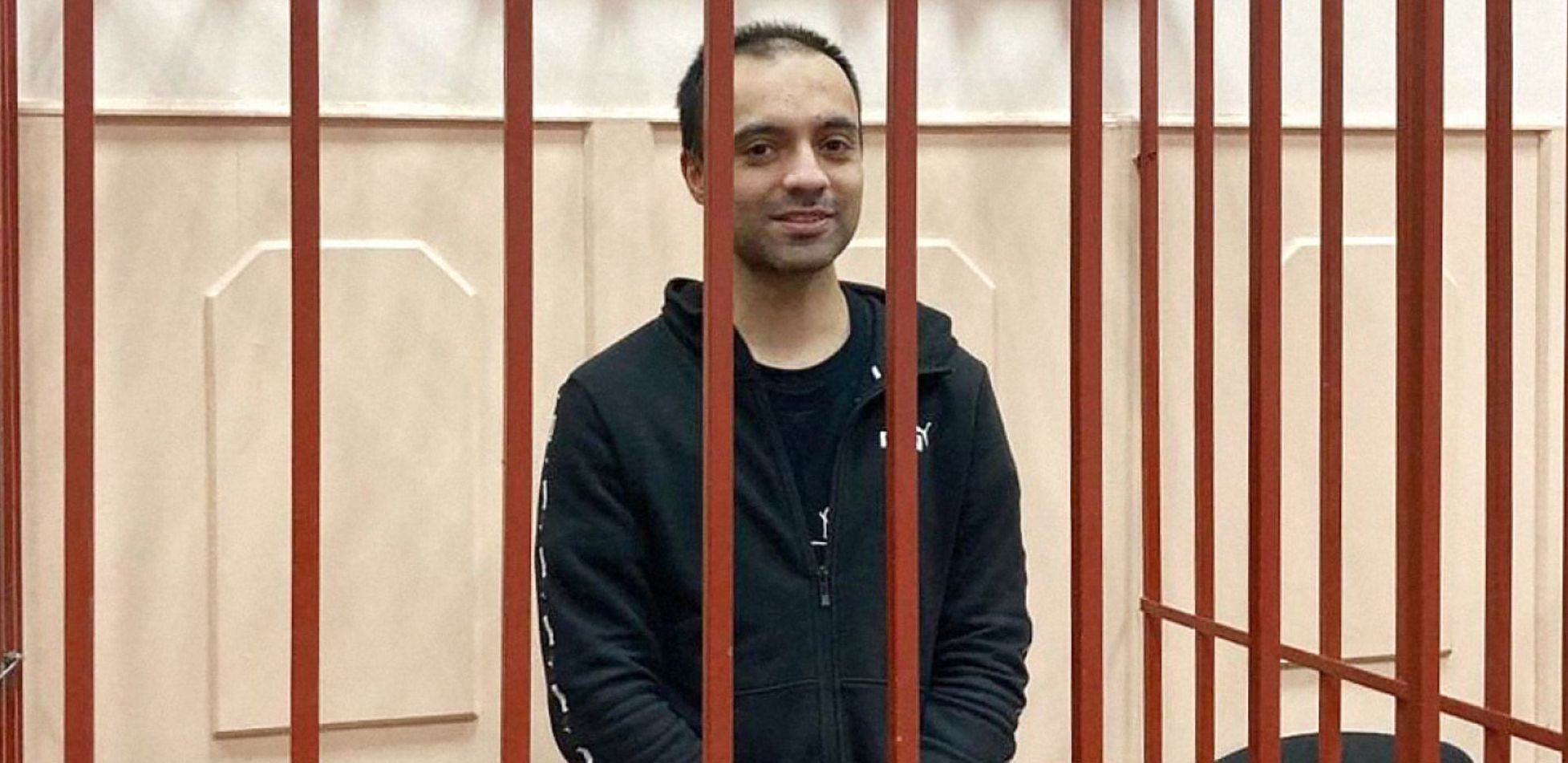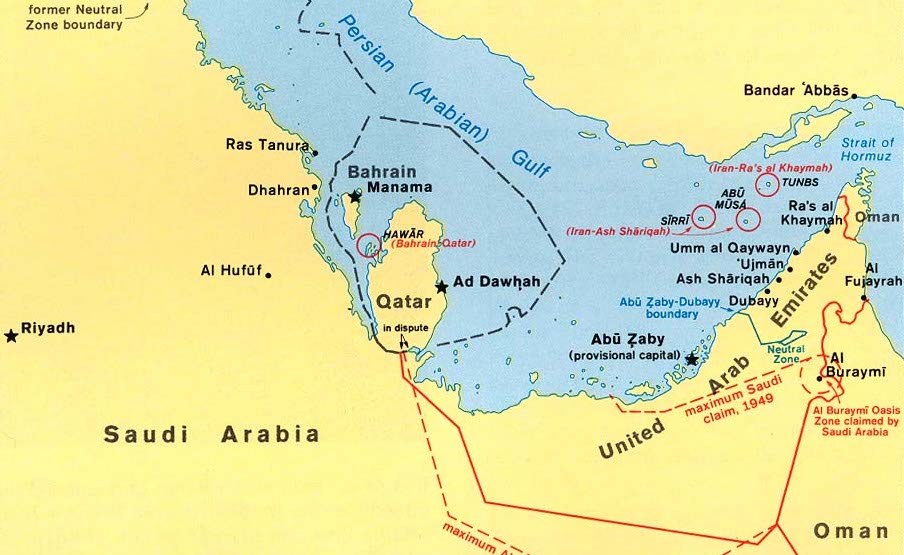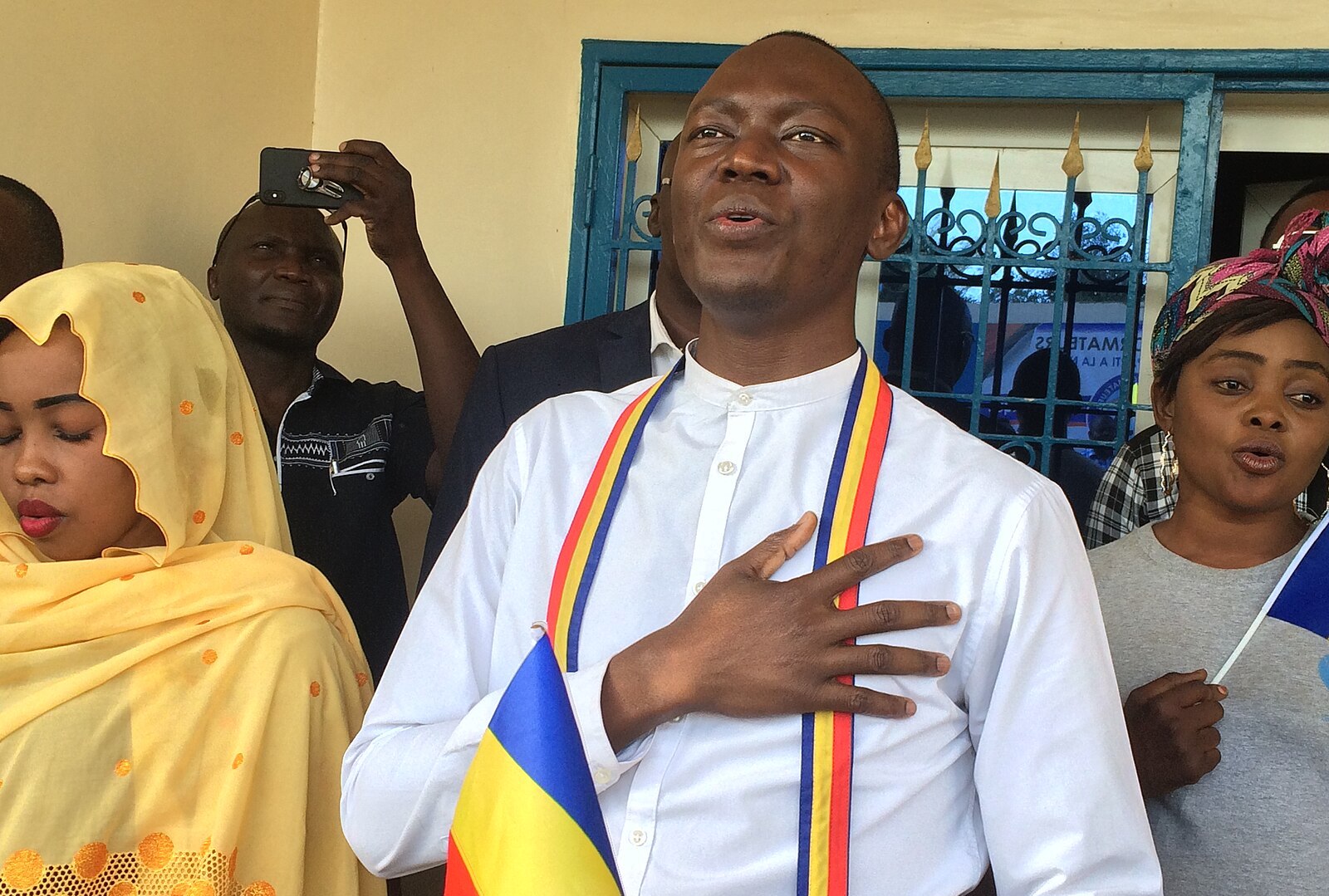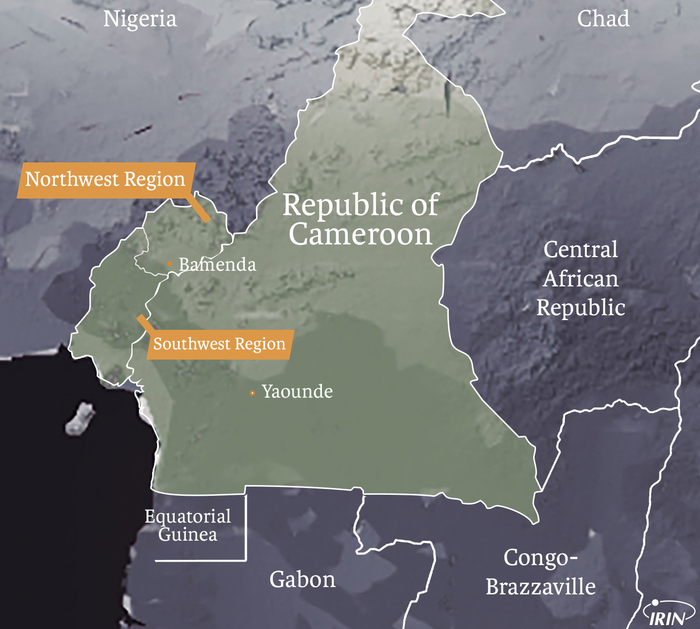
Congress approves Trump’s mass deportation force
Donald Trump’s draconian immigration policies are to get a massive injection of cash thanks to the omnibus budget bill that the president signed into law on July 4. The bill includes over $170 billion in funding for new detention centers, deportation operations, border wall construction, and other anti-immigration initiatives. While this outlay is to be spread out over five years, critics point out that it surpasses the annual military budgets of any country on Earth except for the US and China. The bill, which narrowly passed in the House with no Democratic support, represents a massive shift of funds from basic social programs such as Medicare to Immigration & Customs Enforcement (ICE), whose budget will now overshadow that of the FBI. The ICE detention budget is to now outstrip that of the federal Bureau of Prisons, aiming at capacity to hold over 100,000 detainees. (Image: Department of Homeland Security via Florida Phoenix)



